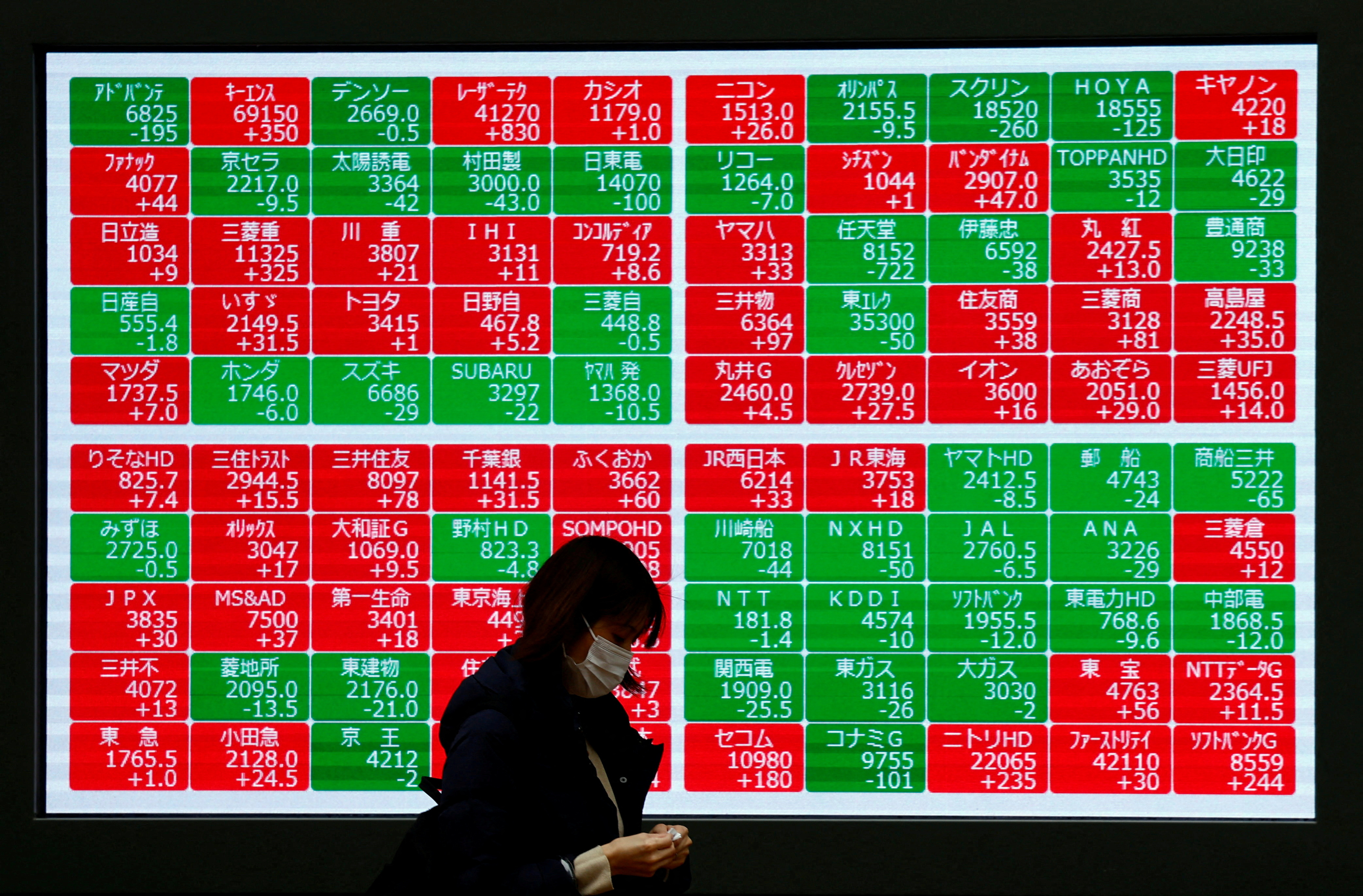Employment Tribunal Highlights Discriminatory Implications of the Term “Karen”
Case Overview
In a recent employment tribunal, Judge George Alliott addressed the use of the term “Karen,” describing it as “borderline racist, sexist and ageist.” The case involved Sylvia Constance, a 74-year-old Black British woman, who filed claims against Harpenden Mencap, a charity supporting adults with learning disabilities.
Claims and Allegations
- Unfair dismissal
- Direct race discrimination
- Age discrimination
- Victimisation
Constance alleged she was dismissed on 13 June 2023 due to an “irrevocable breakdown in the relationship” with the charity, attributing the treatment to racial discrimination.
Context of the Dispute
- Constance was suspended over accusations of emotional and psychological abuse of a tenant in her care.
- Additional allegations included bullying and intimidation of colleagues.
- Her representative, Christine Yates, argued that the management acted as a stereotypical “Karen,” weaponising privilege and power against Constance.
- Yates highlighted concerns about systemic racism and misogyny facilitated by white female management colluding with white male residents.
Tribunal Findings
Judge Alliott acknowledged the derogatory nature of the term “Karen” but ultimately dismissed Constance’s claims. The judge ruled that the complaints against her were legitimate and did not amount to a targeted racist campaign.
Emphasis on Sustainable Development Goals (SDGs)
SDG 5: Gender Equality
- The case underscores the importance of addressing gender-based stereotypes and discrimination in the workplace.
- It highlights the need to eliminate harmful language and practices that perpetuate sexism.
SDG 10: Reduced Inequalities
- The tribunal brings attention to racial and age discrimination issues, emphasizing the need for inclusive and equitable treatment of all employees regardless of race or age.
- It stresses the importance of protecting vulnerable groups from victimisation and unfair dismissal.
SDG 16: Peace, Justice, and Strong Institutions
- The legal process demonstrates the role of fair and transparent institutions in addressing workplace disputes and discrimination claims.
- It highlights the necessity for organizations to uphold justice and equality within their operational frameworks.
SDG 8: Decent Work and Economic Growth
- The case emphasizes the need for safe and respectful work environments free from abuse, bullying, and discrimination.
- It calls for policies that promote dignity and equality at work, contributing to sustainable economic growth.
Conclusion
This tribunal case serves as a critical reminder of the intersectionality of race, gender, and age discrimination in employment settings. It reinforces the global commitment to Sustainable Development Goals aimed at fostering equality, justice, and inclusive workplaces.
1. Sustainable Development Goals (SDGs) Addressed or Connected
- SDG 5: Gender Equality – The article discusses issues related to sexism and misogyny, particularly in the context of workplace discrimination and management behavior.
- SDG 10: Reduced Inequalities – The article highlights race discrimination and age discrimination claims, addressing inequalities in the workplace.
- SDG 8: Decent Work and Economic Growth – The case involves employment rights, unfair dismissal, and workplace treatment, which relate to promoting inclusive and safe work environments.
2. Specific Targets Under Those SDGs
- SDG 5: Gender Equality
- Target 5.1: End all forms of discrimination against all women and girls everywhere.
- Target 5.5: Ensure women’s full and effective participation and equal opportunities for leadership at all levels of decision-making in political, economic and public life.
- SDG 10: Reduced Inequalities
- Target 10.2: Empower and promote the social, economic and political inclusion of all, irrespective of age, sex, disability, race, ethnicity, origin, religion or economic or other status.
- Target 10.3: Ensure equal opportunity and reduce inequalities of outcome, including by eliminating discriminatory laws, policies and practices.
- SDG 8: Decent Work and Economic Growth
- Target 8.5: Achieve full and productive employment and decent work for all women and men, including for young people and persons with disabilities, and equal pay for work of equal value.
- Target 8.7: Take immediate and effective measures to eradicate forced labour, end modern slavery and human trafficking and secure the prohibition and elimination of the worst forms of child labour.
3. Indicators Mentioned or Implied to Measure Progress
- Indicator for SDG 5 (Gender Equality)
- Proportion of women in managerial positions and leadership roles (implied by discussion of management behavior and sexism).
- Incidence of discrimination cases reported and resolved in workplaces.
- Indicator for SDG 10 (Reduced Inequalities)
- Number of discrimination cases based on race, age, or other factors filed and resolved.
- Measures of social and economic inclusion in employment.
- Indicator for SDG 8 (Decent Work and Economic Growth)
- Rate of unfair dismissal claims and workplace grievance resolutions.
- Workplace environment assessments regarding bullying, intimidation, and abuse.
4. Table: SDGs, Targets and Indicators
| SDGs | Targets | Indicators |
|---|---|---|
| SDG 5: Gender Equality |
|
|
| SDG 10: Reduced Inequalities |
|
|
| SDG 8: Decent Work and Economic Growth |
|
|
Source: theguardian.com







